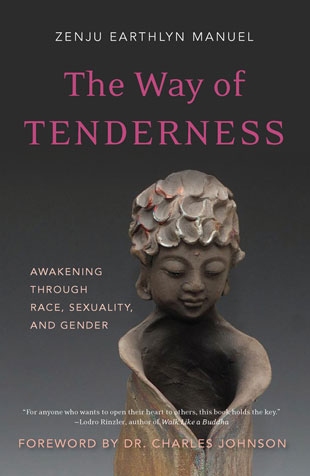"We can allow that which we have suffered to be a moment of our lives, but not our whole lives. We can see what is truly in our own hearts. We feel, we breathe, and we can still say it hurts. We are complex: we are not just filled with pain and rage but with well-being. Our experiences of rage and well-being exist alongside each other. On the path of awakening we attend to both.
"Sobonfu Some, healer and keeper of Dagara African wisdom, says that to feel suicidal is at least to feel something. It is better than a state of numbness, where no healing can enter. When emotional pain arises and we know it as something that passes, we can attend to the emotion rather than end our lives. We have simply forgotten how to attend to our emotions. Some says that we experience loss everyday. We often have no words for that loss, and because our lives are so busy we may not even know that we are grieving it. If we don't grieve we won't get healthy. The body has to recover from loss in order for us to experience safety and sanity. I will go one step further and say that grieving what we have lost of ourselves specifically with regard to race, sexuality, and gender is also critical to our wellness. In continually judging, mistreating, and hating we have lost sight of the basic connectedness we were born with. When will we grieve it?
"We have the capacity to see our subjectivity, to see our embodiment as useful to the spiritual path, to see our embodiment as creating meaning for our lives, and to see it as the location of awakening. To seriously consider the ways in which our spiritual paths are shaped by our multiple identities and subjectivities is the way of tenderness. To awaken from within our unique embodiment is to awaken collective awareness: spiritual awakening and social activism are one and the same."
